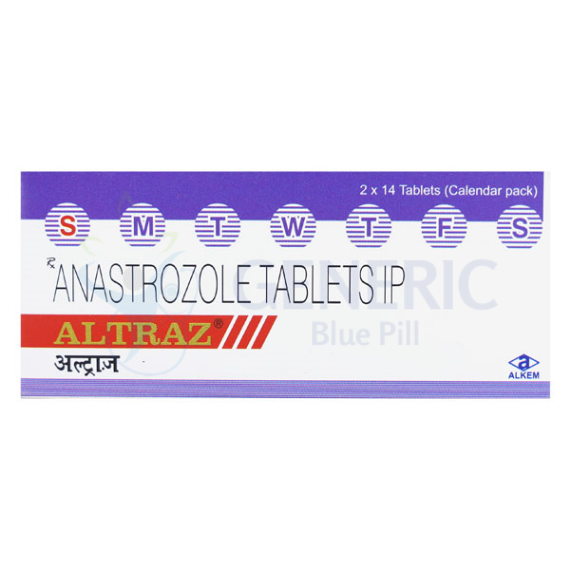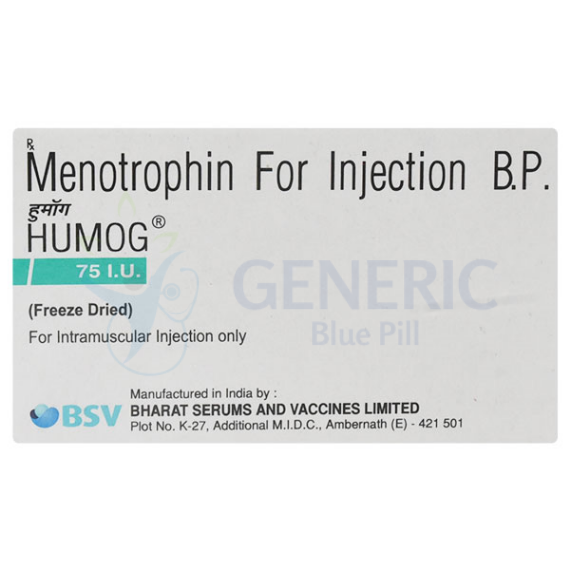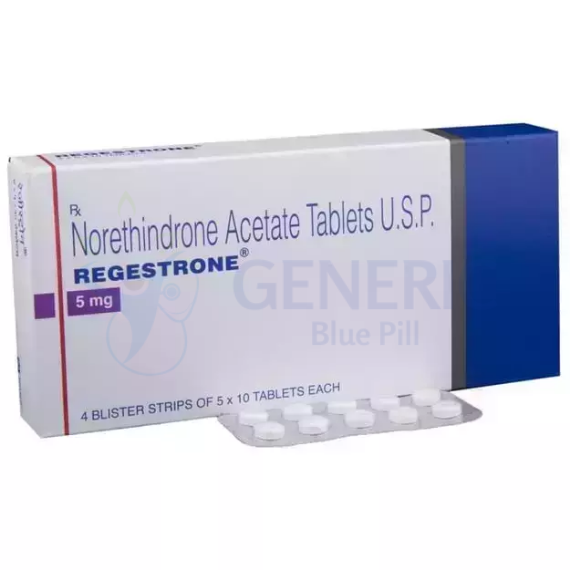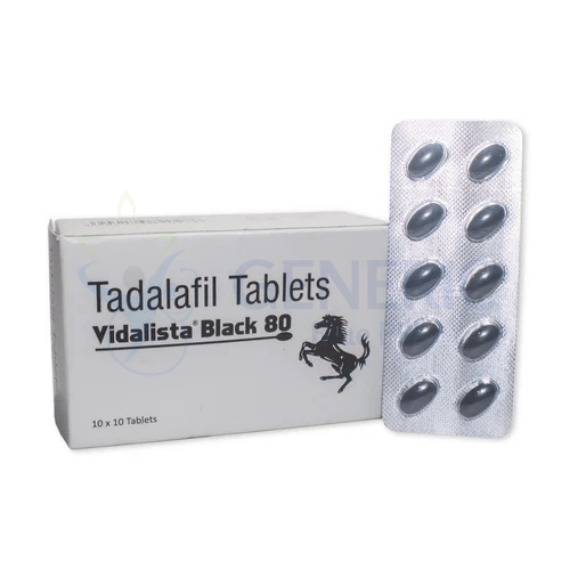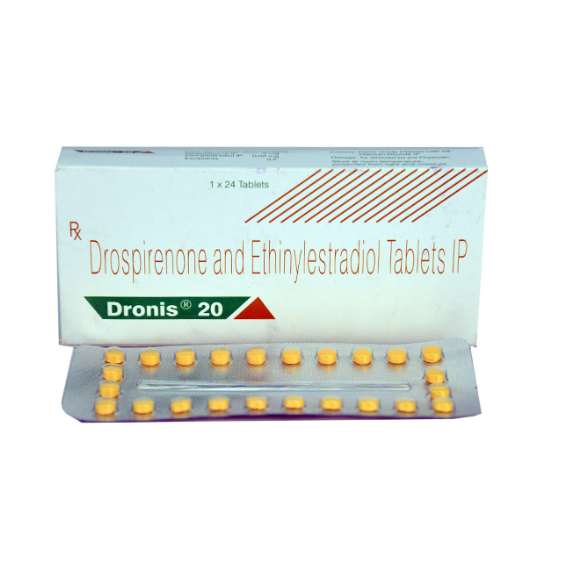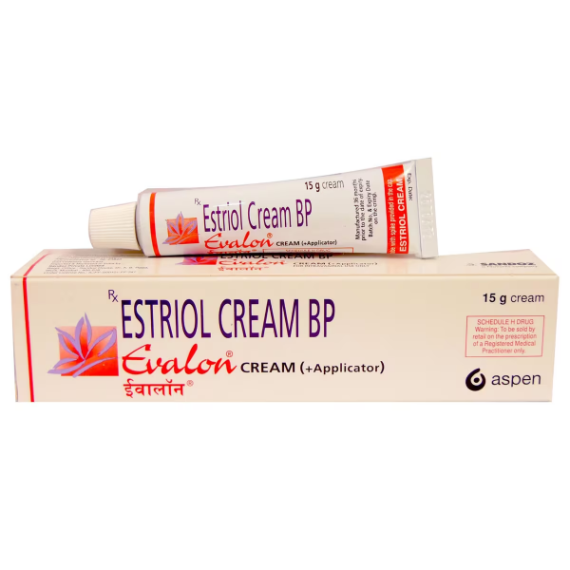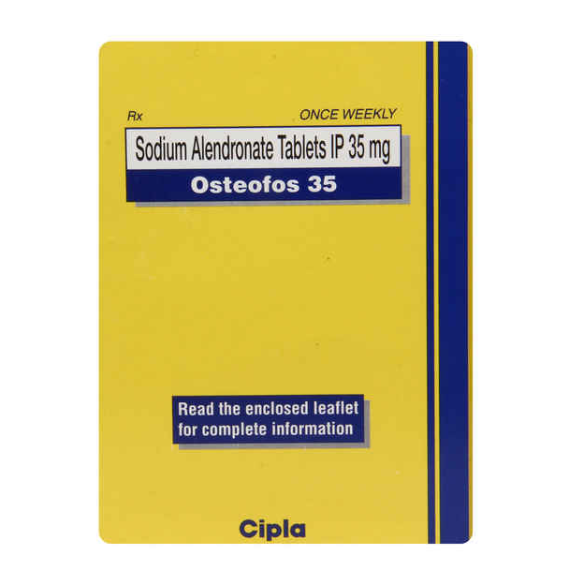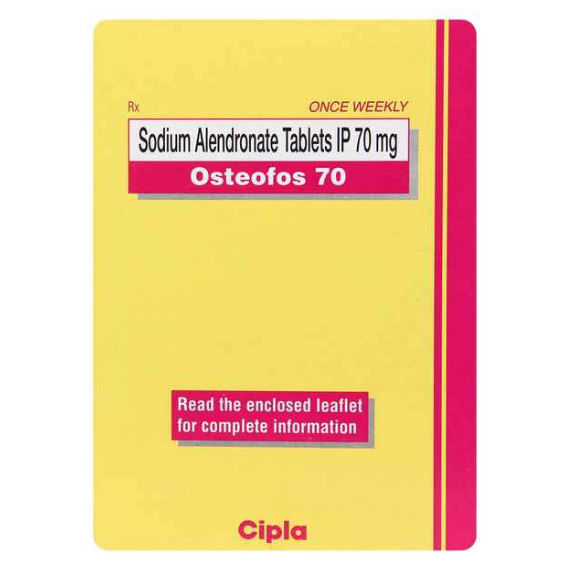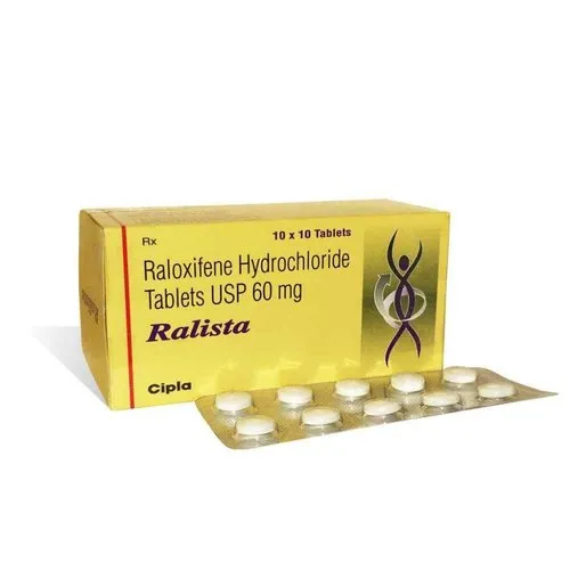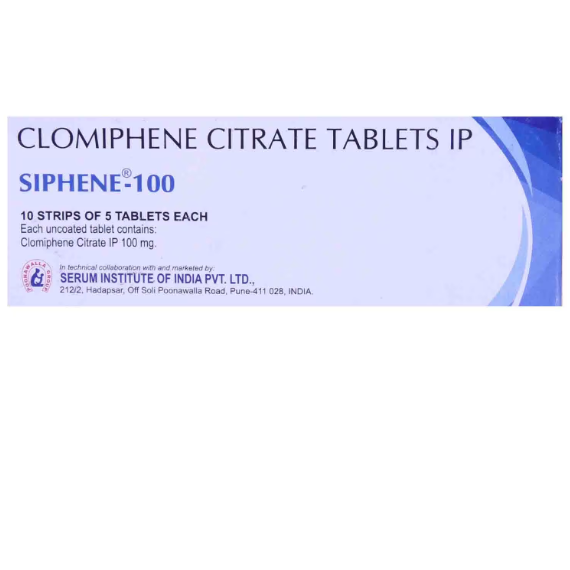Description
Premarin Vaginal Cream 14 Gm is a medication used to treat certain symptoms of menopause, such as vaginal dryness, itching, and burning. It is also used to prevent vaginal atrophy, a condition in which the tissues of the vagina become thinner and less elastic due to decreased levels of estrogen.
Premarin Vaginal Cream contains conjugated estrogens, which are a mixture of estrogen hormones that are derived from the urine of pregnant horses. These hormones work by replacing the natural estrogens that are no longer produced by the body during menopause. By doing so, they can help to relieve symptoms of menopause and prevent vaginal atrophy.
The cream is applied directly to the vaginal area using a special applicator, which allows for precise and controlled dosing. It is usually prescribed to be used once a day for two to four weeks, and then tapered off to a maintenance dose.
While Premarin Vaginal Cream can be effective in treating menopausal symptoms, it is not without its risks. Women who use estrogen-based medications like Premarin Vaginal Cream may be at a higher risk of developing certain health problems, such as breast cancer, ovarian cancer, stroke, and blood clots. As such, it is important for women to talk to their healthcare provider about their individual risk factors before using the medication.
Women who have a history of certain medical conditions, such as breast cancer, liver disease, or a history of blood clots, may not be able to use Premarin Vaginal Cream safely. Women who are pregnant or breastfeeding should also avoid using the medication, as it can pass into breast milk and harm the baby.
In addition to the risks associated with the medication, there are also some potential side effects to be aware of. These can include vaginal bleeding, breast tenderness, headache, nausea, and vaginal discharge. Women who experience any of these side effects should talk to their healthcare provider.
In conclusion, Premarin Vaginal Cream 14 Gm can be an effective treatment option for women experiencing symptoms of menopause, such as vaginal dryness, itching, and burning. However, it is important for women to talk to their healthcare provider about their individual risk factors before using the medication, as well as any potential side effects or health risks. Women should also be aware of the proper dosing and administration of the medication, and should talk to their healthcare provider if they have any questions or concerns about its use.
Reviews(0)
NAN average based on 0 ratings.
Add a review
Your email address will not be published. Required fields are marked




